 General, Stanley McChrystal returns to The Leadership Podcast to share his thoughts and insights on leadership and service in the modern era. General McChrystal is the best selling author of “Team of Teams,” and Co-Founder and Managing Partner of The McChrystal group. He talks with Jim and Jan about the importance of a classical education, the sacrifice leaders must make in their lives, and why it’s up to the government and business to create challenging opportunities for the younger generation. He shares his unique perspective on the similarities and differences of leading and teaming in the business and in the military. He concludes with his thoughts on national service, education, and his recipe for more constructive discourse.
General, Stanley McChrystal returns to The Leadership Podcast to share his thoughts and insights on leadership and service in the modern era. General McChrystal is the best selling author of “Team of Teams,” and Co-Founder and Managing Partner of The McChrystal group. He talks with Jim and Jan about the importance of a classical education, the sacrifice leaders must make in their lives, and why it’s up to the government and business to create challenging opportunities for the younger generation. He shares his unique perspective on the similarities and differences of leading and teaming in the business and in the military. He concludes with his thoughts on national service, education, and his recipe for more constructive discourse.
[1:28] General McChrystal is a retired four-star general, former Commander of the International Security Assistance Force and Commander of United States Forces Afghanistan.
[1:39] General McChrystal is a Senior Fellow at Yale University, where he teaches a course on Leadership in Operation.
[3:15] Regarding millennials, the talent is there! What’s different is that our community bonds have grown smaller and are more self-focused, making it difficult to find a clear path of how and where to make a contribution.
[4:30] Although we are in a time where much service is needed from young people, only 30% of younger people in the United States are qualified, and eligible, to enlist in the military. General McChrystal poses the thought of government and business sharing the responsibility to create opportunities for the other 70% of those that still have a desire to contribute.
[5:23] The Civilian Conservation Corps of the Depression Era was a program created to give young men the opportunity to make money, earn confidence and get a sense of self-satisfaction. Many of those men went on to serve in World War II.
[6:06] General McChrystal feels it is his generation’s responsibility to create opportunity for youth through funding, education and business. At the McChrystal group, they value service and community involvement. If you have completed a year of national service, your resume gets a more detailed review.
[7:09] McChrystal discussed how we must create an incentive for businesses to hire employees based on their potential and values – rather than just look for professionals who already have the skills and need little training.
[9:27] In addition to General McChrystal’s famous ascetic lifestyle, he is still learning, growing and studying every day.
[9:51] People skills and a strong work ethic as two of the benchmark qualities that make for a good business leader.
[11:51] General McChrystal had preconceived notions of the business world, while his colleagues had assumptions about working with someone from the military. They both found out that in each world there are opportunities and challenges not so different.
[12:31] His newest book due this fall 2018, Leaders: Myth and Reality is inspired by Plutarch’s life and studies of notable people. They took the findings of this work and crafted it into modern day profiles to compare leaders throughout history from all walks of life, and learn the nuances of different leadership styles.
[14:13] In pairing founders and leaders, General McChrystal finds it isn’t a one size fits all approach to success and fulfillment. He did find the common threads to be a commitment to the choice to lead and accept responsibility in an authentic and self assured manner.
[18:42] Possessing an absolute commitment and dedication to the cause comes at a cost.
[20:56] Classical and liberal arts education that roots us in philosophy provides a common language that connects us both with our values; and to each other.
[21:45] James Stockdale, United States Navy vice admiral and prisoner of war for over seven years, was a strong proponent in a classical education as a way to connect us to ourselves and each other.
[23:18] As politics pervade our culture, and the absence of civility rises, it is crucial to listen more and welcome different points of view.
[25:04] We could benefit from thinking more long term and focus on building sustainable relationships that remain solid in the future. In a business world that means treating your clients in a manner where long term relationship is fostered.
[29:44] People think demonstrations of courage are usually reserved for the battlefield, but it is beneficial to recognize it in the workplace as well.
[30:48] General McChrystal is a great believer of experiential leadership for individuals and groups. At The McChrystal Group, they offer adventures for the team to succeed, become familiar and push one another.
[33:30] The military uses its advantages of patriotism, and extra time for training to shape them into leaders. On the battlefield, you need to make life or death decisions, where in business there are laws and bureaucracies and it’s harder for people to be decisive. Often times businesses will skimp on or cancel their leadership development programs due to lack of budget or manpower.
[38:01] In an organization with timid leadership, they will see the problem and take a conservative approach while rationalizing to do very little, or not enough. Making strong decisions is like a muscle you must continue to work.
[39:34] General McChrystal names the two biggest current security challenges we are facing in today’s climate:
- Education lagging behind the progress of the rest of the world.
- Inability to make rational political decisions.
[46:02] As General McChrystal has a strong relationship with his grandchildren, he believes in balancing work with getting outside for adventure, continued education, and family.
How to contact Stan:
Quotable Quotes
- We’ve got to create opportunities where people can do the kinds of service that gives them a sense of satisfaction, and a challenge.
- Begin rewarding service in your home, school and community.
- When you enter the military, nobody is already a soldier, airman or marine.
- College doesn’t prepare you for what you are going to do, it prepares you to be prepared for what you are going to do.
- Everything is simple, but the simplest is difficult.
- Leadership is this complex weave of factors.
- Possessing an absolute commitment and dedication to the cause comes at a cost.
- Classical and liberal arts education that roots us in philosophy provides a common language that connects us both with our values; and to each other.
- It’s a willingness to sacrifice for the cause when they decide to lead.
- Strong leaders are themselves.
- Learn to think long term.
- There’s got to be some long term consequences for dishonesty.
- Do everything today to protect what you can do in the future.
- If you do something challenging with strangers, you rarely end up as strangers.
- It takes courage to make great decisions.
- When things get hard, it’s a time to show courage.
- Don’t promise to do more than you are willing to do.
- Leaders make decisions that others are reluctant to make.
Bio
A retired four-star general, Stanley McChrystal is the former commander of U.S. and International Security Assistance Force Afghanistan and Joint Special Operations Command. General McChrystal a Managing Partner of McChrystal Group, LLC, and a senior fellow at Yale University’s Jackson Institute for Global Affairs, where he teaches a course on Leadership in Operation. He is also the Chairman of the Aspen Institute’s Service Year Alliance, dedicated to promoting national service initiatives among American youth. He is the author of two New York Times best-selling books: My Share of the Task: A Memoir and Team of Teams: New Rules of Engagement for a Complex World. General McChrystal resides in Alexandria, Virginia, with his wife of 39 years, Annie.

These are the books mentioned in Stan’s podcast.




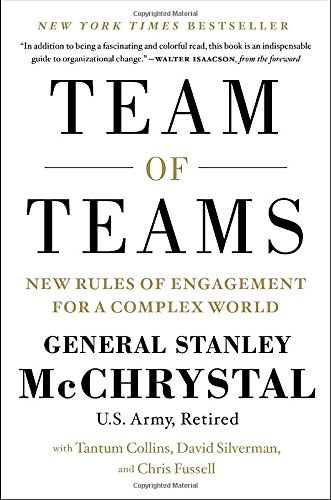

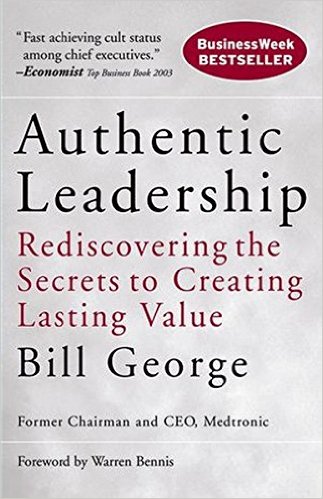
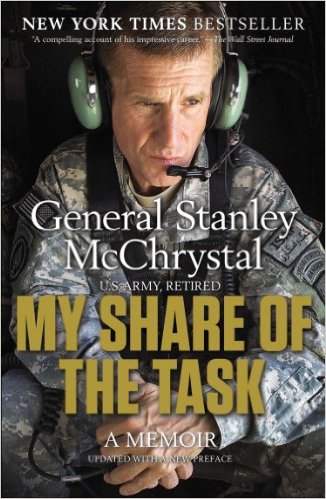
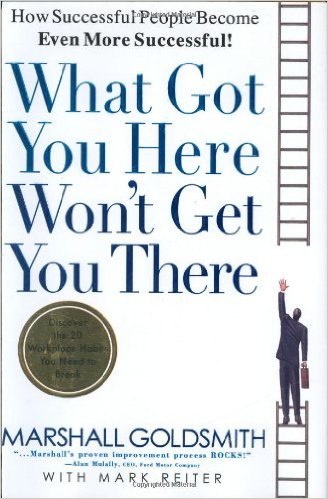
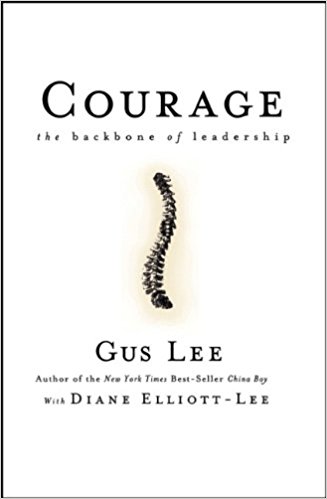
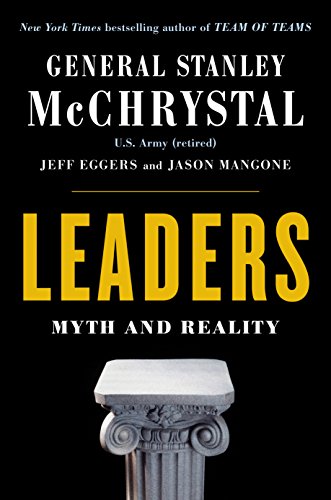
Recent Comments